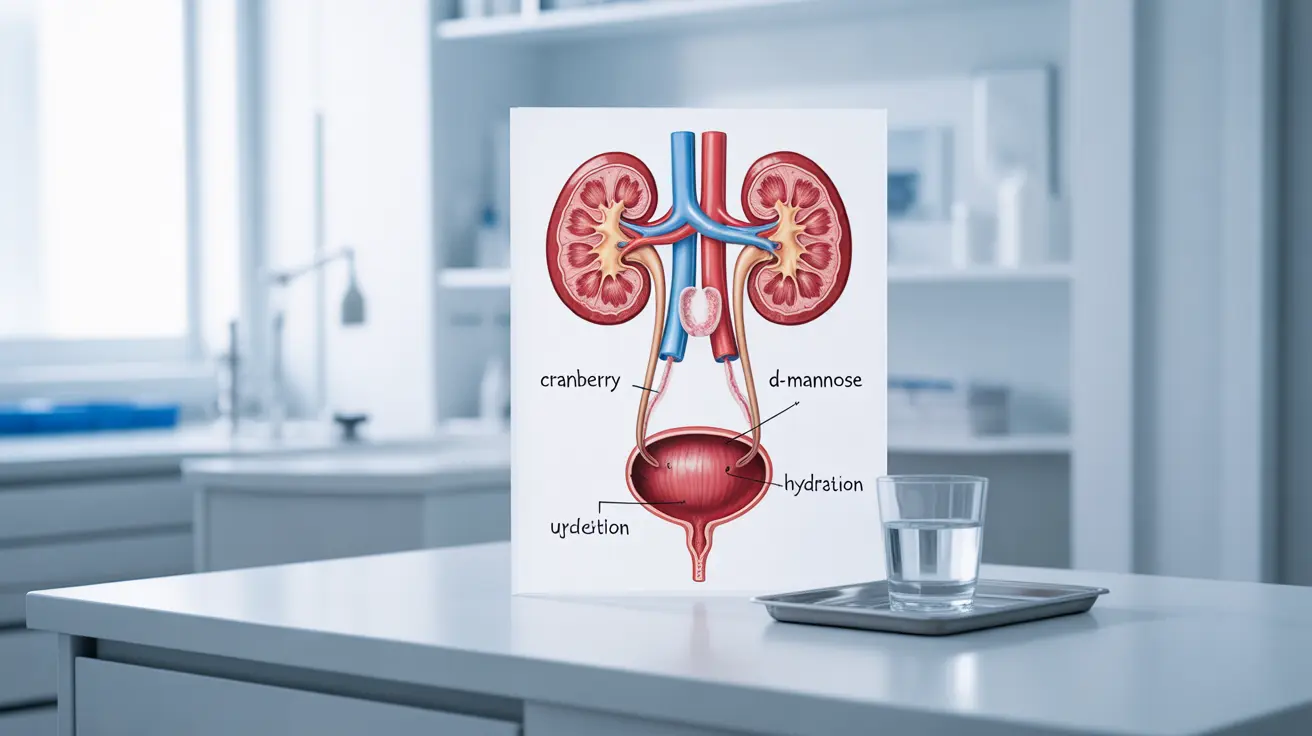Urinary tract infections (UTIs) are a common health concern, particularly among women, leading many to wonder about treatment options beyond traditional antibiotics. While antibiotics remain the gold standard for treating UTIs, understanding alternative approaches and their limitations is crucial for making informed healthcare decisions.
This comprehensive guide explores the possibilities of managing UTI symptoms without antibiotics, the effectiveness of natural remedies, and important considerations for your health and safety.
Understanding UTIs and Their Treatment Options
A urinary tract infection occurs when bacteria, typically E. coli, enter and multiply in any part of the urinary system. While antibiotics are the most effective treatment, some people seek alternative approaches for various reasons, including antibiotic resistance concerns or preference for natural remedies.
Natural Approaches to Managing UTI Symptoms
Hydration and Dietary Changes
Increasing fluid intake, especially water, can help flush bacteria from your urinary system. Some people also find cranberry products helpful, as they contain compounds that may prevent bacteria from adhering to urinary tract walls. However, these methods alone cannot eliminate an active infection.
Supportive Natural Remedies
Several natural remedies may help manage UTI symptoms:
- D-mannose supplements
- Vitamin C to increase urine acidity
- Probiotics to support urinary tract health
- Herbal supplements like uva ursi or bearberry leaf
When Medical Treatment Is Necessary
While exploring natural alternatives, it's crucial to recognize when professional medical care is required. Symptoms that demand immediate attention include:
- Fever or chills
- Back or side pain
- Blood in urine
- Severe pelvic pain
- Persistent symptoms lasting more than 48 hours
Prevention Strategies
Preventing UTIs naturally is often more effective than treating them without antibiotics. Key prevention methods include:
- Maintaining proper hygiene
- Wiping from front to back
- Urinating after sexual activity
- Wearing breathable, cotton underwear
- Staying well-hydrated throughout the day
Frequently Asked Questions
Can you get rid of a UTI without using antibiotics, and what are the risks?
While mild UTIs might occasionally resolve on their own, attempting to treat them without antibiotics carries significant risks, including kidney infection and permanent organ damage. Natural remedies may help manage symptoms but cannot reliably cure the infection.
What home remedies can help relieve UTI symptoms, and do they actually cure the infection?
Home remedies like increased water intake, cranberry products, and D-mannose supplements may help relieve symptoms and support recovery. However, these methods typically don't cure the underlying infection and should not replace medical treatment when needed.
How long can a mild UTI last without antibiotics, and when should I see a doctor?
A mild UTI might last several days to weeks without treatment. You should see a doctor immediately if you experience fever, back pain, blood in urine, or if symptoms persist beyond 48 hours, as delayed treatment can lead to serious complications.
What are the benefits and side effects of treating UTIs with antibiotics versus natural remedies?
Antibiotics offer quick, effective treatment but may cause side effects like yeast infections or contribute to antibiotic resistance. Natural remedies have fewer side effects but cannot reliably cure infections and may allow the infection to worsen while attempting treatment.
How can I prevent UTIs naturally, especially if I get them frequently?
Natural prevention methods include proper hygiene, staying hydrated, urinating after sexual activity, wearing breathable underwear, and taking probiotics. For recurring UTIs, consult a healthcare provider to identify underlying causes and develop a comprehensive prevention strategy.
Remember, while exploring natural approaches to UTI management can be beneficial, it's essential to seek proper medical care when needed to prevent serious complications. Always consult with a healthcare provider before deciding on any treatment approach.




